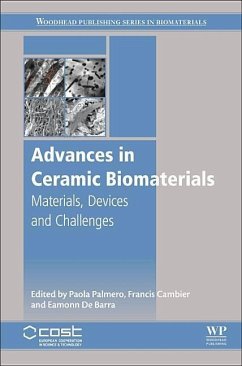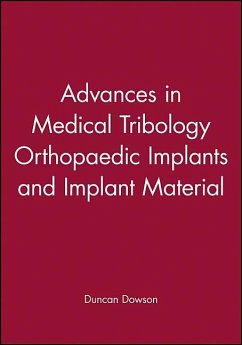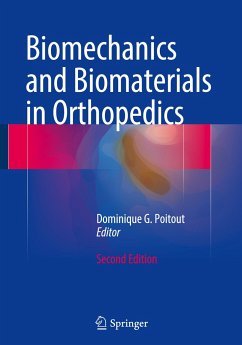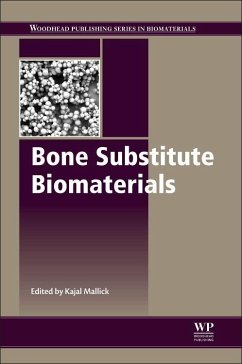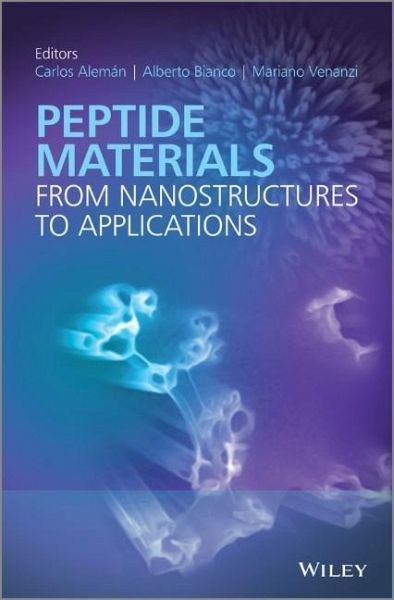
Peptide Materials
From Nanostuctures to Applications
Herausgeber: Aleman, Carlos; Venanzi, Mariano; Bianco, Alberto
Versandkostenfrei!
Versandfertig in über 4 Wochen
167,99 €
inkl. MwSt.
Weitere Ausgaben:

PAYBACK Punkte
84 °P sammeln!
The design, synthesis, and characterization of peptide-based materials is a fast-growing interdisciplinary field, with opportunities to design new bio-hybrid materials and bio-inspired molecular devices. This volume covers the fundamentals of peptide-based materials, peptide nanostructures, peptide conjugates and hybrid materials, and applications of peptide-based materials. Numerous topics are explored, from synthetic peptide chemistry to molecular modeling to engineering for the realization of peptide-based devices, in this valuable resource for researchers from varied backgrounds entering this exciting field.
Peptides are the building blocks of the natural world; with varied sequences and structures, they enrich materials producing more complex shapes, scaffolds and chemical properties with tailorable functionality. Essentially based on self-assembly and self-organization and mimicking the strategies that occur in Nature, peptide materials have been developed to accomplish certain functions such as the creation of specific secondary structures (a- or 310-helices, b-turns, b-sheets, coiled coils) or biocompatible surfaces with predetermined properties. They also play a key role in the generation of hybrid materials e.g. as peptide-inorganic biomineralized systems and peptide/polymer conjugates, producing smart materials for imaging, bioelectronics, biosensing and molecular recognition applications. Organized into four sections, the book covers the fundamentals of peptide materials, peptide nanostructures, peptide conjugates and hybrid nanomaterials, and applications with chapters including: * Properties of peptide scaffolds in solution and on solid substrates * Nanostructures, peptide assembly, and peptide nanostructure design * Soft spherical structures obtained from amphiphilic peptides and peptide-polymer hybrids * Functionalization of carbon nanotubes with peptides * Adsorption of peptides on metal and oxide surfaces * Peptide applications including tissue engineering, molecular switches, peptide drugs and drug delivery Peptide Materials: From Nanostructures to Applications gives a truly interdisciplinary review, and should appeal to graduate students and researchers in the fields of materials science, nanotechnology, biomedicine and engineering as well as researchers in biomaterials and bio-inspired smart materials.




